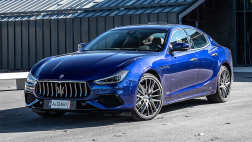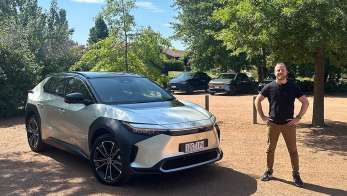UK company Western Power Distribution (WPD) has revealed findings from its three-year study into electric vehicle (EV) smart charging feasibility, using data collected from more than a million charging records.
The Electric Nation project was conducted to further understand the impact of home charging of EVs on UK electricity networks, and to evaluate the reliability and feasibility of smart charging.
Smart charging systems can be configured to automatically charge vehicles when the electricity is at its cheapest, and reduces charge when it is more expensive.
Partners in the project DriveElectric recruited approximately 700 EV drivers and installed smart charging facilities in participants homes, before collecting their data over an 18-month period.
More than 40 different makes and models of plug-in vehicles were included in the study, including battery electric and plug-in hybrids (PHEVs).
Participants’ charging habits were monitored for things like frequency, length and amount of energy consumed.
The results were announced at this week’s Smart Charged conference at the British Motor Museum, Gaydon, and showed that smart charging combined with time-of-use electricity tariffs could help to manage the impacts of EVs on the low voltage electricity network.
According to the Electric Nation project results, the most popular time for EV owners to plug-in is during the evening peak time between 5pm and 7pm on weekdays, when the majority of drivers get home from work.
In most cases, the vehicles were plugged in for over 12 hours, which shows that it is feasible for owners to charge away from the peak electricity demand period.
The study also shows that an average charging event for a pure EV in the UK starts with the battery already 50 per cent full, and that most PHEV owners only charge their vehicle three times a week.
DriveElectric has called for cheaper electricity rates at off-peak times in the UK, as it believes that without an incentive, and as EV ownership grows, too many vehicles will be plugged into the grid during the evening peak time.
According to DriveElectric managing director Mike Potter, trial participants had a positive response to smart charging.
“The Electric Nation project shows that smart charging can help to reduce the load on the grid from EVs at peak times, and there has been an overwhelming positive attitude towards smart charging from participants,” he said.
“We have also trialled our Crowd Charge app and this has proven that the platform works and that EV owners can benefit from lower cost and lower emission electricity without changing their use of their EV.”








.jpg)

.jpg)
.jpg)








Comments